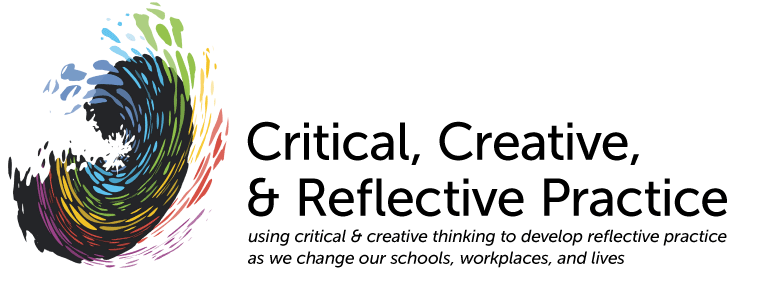“Case-based learning as a productive approach to generating wider engagement in the production of science and technology”
In this case the instructors are the sponsors of the inquiry. We want you, the students, to note that the GCWS Course Proposal Guidelines are very pointed about including systematic attention to race, class, and culture with gender as categories of analysis as well as the requirement that courses reflect a social and cross cultural dimension. Note also that, in response to an initial sketch of the course, a GCWS board member suggested that the instructors “make those inclusions transparent (beyond the mention of subverting these barriers).” We were asked to explain how the process would work to cover important ideas and authors. Now, the fact that you’re reading this case in the context of the course means that we answered well enough to get the course approved. Nevertheless, we would like to be able to give faculty colleagues an experience that makes the teaching approach seem more concrete and worthy-of-support, where this teaching approach is one in which students and instructors respond to provocative cases and put into play diverse resources that we bring and that we subsequently develop.
The specific provocation is Gary Werskey’s historical account of account of (male, white, UK) Marxist scientists that gained influence in England in the 1930s and the (mostly male, white, UK) radical science movement in the 1970s and his claim that “epistemological disputes within [science and technology studies since the 1970s have distracted attention from] the social relations of science [which] were being transformed and more closely yoked than ever to sustaining the power and profitability of global and, more specifically, American capitalism.” The help we need—in light of the GCWS guidelines and advice—is for you to build on—or against—Werskey’s account and show how access to the production of scientific knowledge and technology has been and could be widened in ways that subvert the barriers of expertise, gender, race, class, and place.
A panel of GCWS affiliated faculty will visit class in week 6 to hear your reports, ask questions concerning both the process and products, and make suggestions about ways to enhance “systematic attention to race, class, and culture with gender as categories of analysis” and the course’s “social and cross cultural dimension.” The form of what you present to them remains for you to determine, but it might include alternative histories or case studies, dialogues with Werskey, grant proposals, units in a syllabus, annotated reading lists, compilations of activist efforts visible on the web, and further provocative cases for this or related courses. You might also include reflection on how your engagement with the problem-based learning process is evolving.
Werskey, G. (2007). "The Marxist Critique of Capitalist Science: A History in Three Movements?"
http://human-nature.com/science-as-culture/werskey.html (viewed 7 Mar 07).
